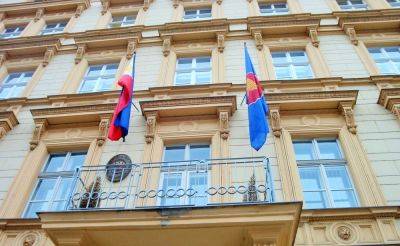Behind Philippines' poor PISA performance: Worst long-term absenteeism in the world
MANILA, Philippines — The Philippines has the highest rate of long-term absenteeism among students compared to all nations, the latest PISA results showed, pointing to one of the factors contributing to the country’s flatlining performance in the international assessment.
Around 30% of students from the Philippines reported having been absent from school for more than three consecutive months at least once in their education, according to the PISA 2022 results. This indicates at least a third of 15-year-old Filipino students missed almost half of the school year at some point in their education.
Highest among all PISA-participating countries with available data, the Philippines’ long-term absenteeism rate is nearly four times higher than the average of all other participating countries (8%).
Beyond poor student attendance, long-term absenteeism also dramatically worsens students’ academic performance as months’ worth of missed lessons tends to balloon to years’ worth of gaps in knowledge, the PISA report noted.
At a press conference last week on the Philippines’ PISA results, the Department of Education noted that students who missed school for more than three consecutive months at some point in their schooling "tended to score lower by 56 score points in mathematics.”
According to OECD estimates, this means that students who missed class for at least three months lose out on nearly three years’ worth of knowledge in mathematics.
The Philippines’ latest PISA scores show that three out of four 15-year-old students fail to meet the minimum proficiency in all subjects of mathematics, reading and science.
With most Filipino students not meeting PISA’s lowest proficiency benchmark, DepEd officials and lawmakers have pinned their hopes on waiting years for education reform to take effect, as well as higher government investments in education.
RELATED: 'Stagnating at the bottom': Officials say time and funding needed to improve PISA scores | Philstar.com
DepEd Undersecretary Gina Gonong said during last week’s press conference that the high number of students missing class hours can be explained by students’ family problems at home.
“It’s mostly about families,”







